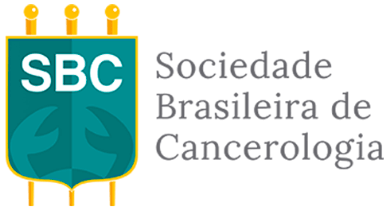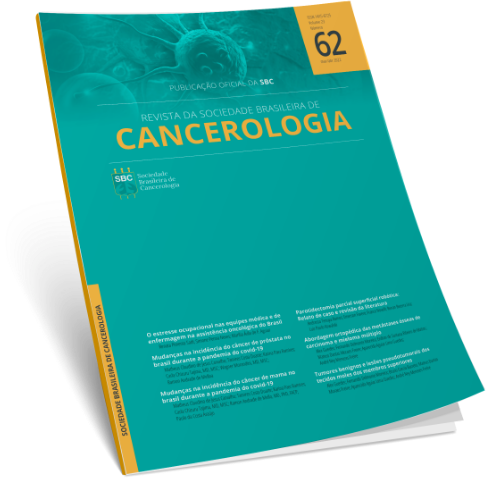Williane Thamires dos Santos
José Klinger de Oliveira Cruz Neto
Letícia Fonseca Cavalcanti Correia
Fernanda Santos da Anunciação
Maria da Conceição Andrade
ABSTRACT
Esophageal cancer is common among men in Brazil, especially the squamous cell carcinoma kind. Alcoholism and smoking are associated risk factors. Other factors include Barrett’s syndrome, nitrosamines, achalasia, Plummer-Vinson syndrome, and Helicobacter pylori. Late diagnosis and histological type contribute to increased aggressiveness and reduce patient survival. The present work aimed to study the incidence and risk factors of esophageal cancer in Brazil, aiming to create preventive
and therapeutic strategies for public health in this country. This study is a crosssectional study with data from DATASUS and IBGE from 2019. Hospitalizations for esophageal cancer were analyzed from 2008 to 2021 in Brazilian states, and data on alcohol and tobacco consumption by region was collected. Statistical analyses included estimated rates, linear regression, and scatter plots. There were considered
219,579 hospitalizations for esophageal cancer in this study.
An increase in incidence was observed after 40 years, with a peak between 50 and 69 years. We detected a more significant number of cases in white individuals, followed by brown, black, yellow, and indigenous people. Furthermore, more hospitalizations of men were identified. The Southeast region had the most
hospitalizations, followed by the South, Northeast, Central-West, and North regions. Rio Grande do Sul recorded the highest rate, while Pará recorded the lowest. It is concluded that in the present study, tobacco and alcohol were evident as risk factors; therefore, greater control of these habits is essential and urgent to prevent this disease. Understanding demographic and regional factors is essential to help carry
out early detection programs and the consequent adoption of effective treatments. Furthermore, regional health policies based on changing habits are essential to reduce the incidence and improve esophageal cancer outcomes.
Keywords: Esophageal Cancer; Risk factors; Alcoholism; Smoking Habit.

